I sleep less, I'm tired. I sleep more, I'm tired
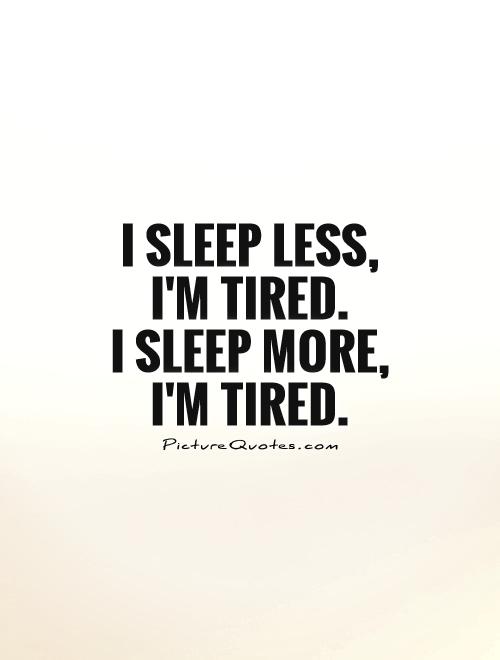
I sleep less, I'm tired. I sleep more, I'm tired
Sleep is a fundamental aspect of human life, essential for our physical and mental well-being. However, the statement "I sleep less, I'm tired. I sleep more, I'm tired" highlights the complex relationship between sleep quantity and quality.On one hand, not getting enough sleep can lead to feelings of fatigue and exhaustion. When we don't get the recommended 7-9 hours of sleep per night, our bodies and minds are unable to fully recharge and recover. This can result in decreased cognitive function, mood swings, and a weakened immune system. Inadequate sleep can also contribute to weight gain, increased risk of chronic diseases, and overall decreased quality of life. So, it's no wonder that when we sleep less, we often feel tired and run down.
On the other hand, sleeping too much can also leave us feeling tired and groggy. Oversleeping can disrupt our natural sleep-wake cycle, leading to feelings of lethargy and sluggishness. It can also be a sign of underlying health issues such as depression, sleep disorders, or hormonal imbalances. Additionally, spending too much time in bed can actually decrease the quality of our sleep, as our bodies may not enter the necessary stages of restorative rest.
Finding the right balance of sleep is crucial for optimal health and well-being. It's important to prioritize good sleep hygiene practices, such as maintaining a consistent sleep schedule, creating a relaxing bedtime routine, and creating a comfortable sleep environment. Additionally, addressing any underlying issues that may be affecting your sleep, such as stress, anxiety, or sleep disorders, is essential for improving your overall sleep quality.

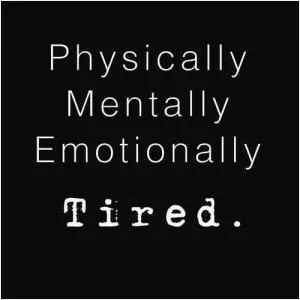

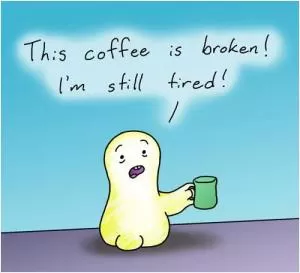

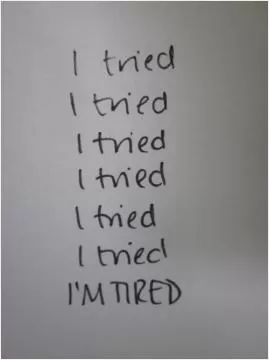


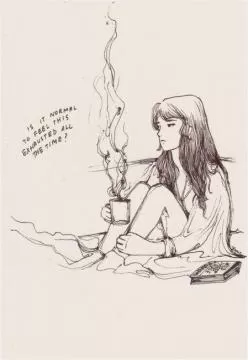


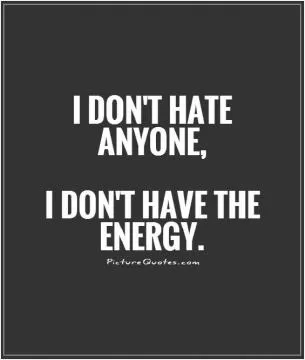
 Friendship Quotes
Friendship Quotes Love Quotes
Love Quotes Life Quotes
Life Quotes Funny Quotes
Funny Quotes Motivational Quotes
Motivational Quotes Inspirational Quotes
Inspirational Quotes